Cricket Scandals: How Match-Fixing Ended Azharuddin’s Legacy?
Mohammad Azharuddin, also known as Azhar, is a former Indian cricketer, but most of them know him as the player who was involved in one of the biggest match fixing scandals in cricket history.
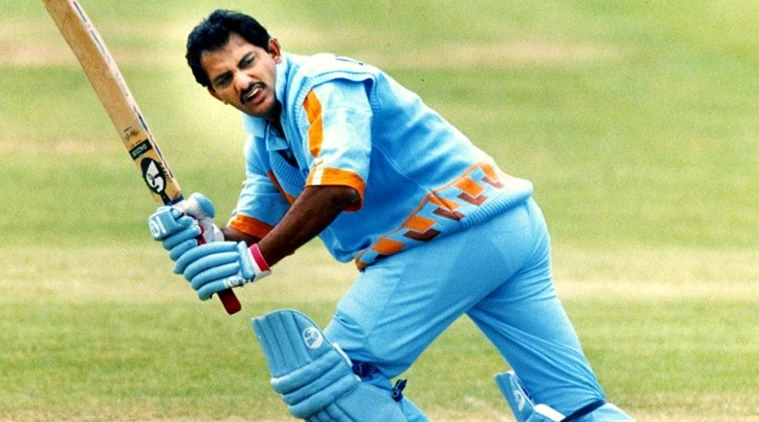
His international career was filled with a number of achievements, such as 6000+ runs in the Test format, and some national honours such as the Padma Shri and the Arjuna Award. Despite that, his career came to an unfortunate end, with Azharuddin being allegedly involved in the match-fixing scandal. Let’s take a look in detail at the match fixing scandal involving the former Indian captain and how it unfolded.
Accusations by Manoj Prabhakar
Towards the late 1990s, there were a number of accusations made by Manoj Prabhakar, who said that one of the team members was involved in a match-fixing scandal. He talked about this in the Outlook magazine, which was released in 1997. Following this, the BCCI decided to make a one-man investigation commission, which was led by Honourable Yeshwant Vishnu Chandrachud.
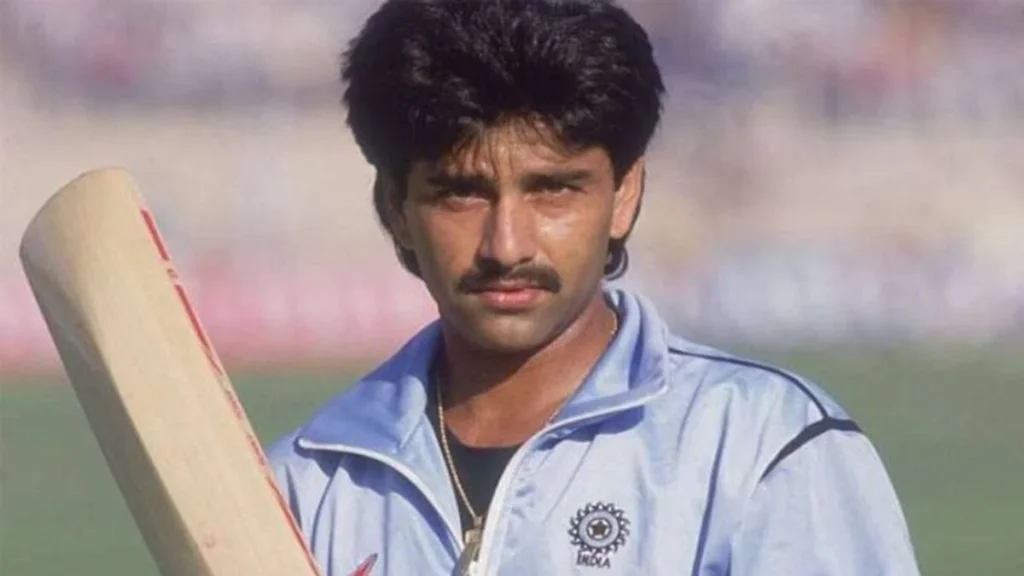
Manoj Prabhakar made the following allegations, which were related to match-fixing:
- In the match between India and Pakistan (1991), the team management told him and Sanjay Manjrekar to play even in the fading light, after the umpires started offering light on their own. Pakistan won this match, and they eventually reached the finals;
- India vs Pakistan match at Colombo, Manoj Prabhakar claimed that he was offered 2.5 million rupees to put the match in Pakistan’s favour;
- During the match between India and the West Indies in Kanpur, Nayan Mongia and Prabhakar scored just 11 runs off 48 balls while chasing the target, after which disciplinary actions were taken against both;
- In another incident between India and Pakistan, he claimed that Aamir Sohail and Mohammad Azharuddin both claimed that they had won the toss.
Chandrachud Commission’s Hearings
Following the allegations made by Manoj Prabhakar, the commission laid down a number of questions, including whether the allegations were true, whether there was any player, coach or journalist involved and much more. Various cricketers such as Ajit Wadekar, Dilip Vengsarkar, Sachin Tendulkar, Mohammad Azharuddin, Sunil Gavaskar, and more came to the court.
- All the allegations put forward by Manoj Prabhakar were not accepted. The statements given by Manjrekar contradicted those of Prabhakar for the Sharjah match. Also, his allegations for toss were also factually incorrect, as no match between India and Pakistan took place with Azharuddin and Sohail as the captains;
- Ajit Wadekar’s statement on phone tapping allegations was also accepted and dismissed;
- The inclusion of journalists was also not justified, which marked an end to all the allegations put forward by Prabhakar.
Unravelling the Fixing Network
Although the allegations by Prabhakar were dismissed by the Chandrachud Commission, the CBI started an investigation into the same. Following this, the Delhi Police also got to know about the connections between some Indian players and international bookies.
- Cash Transactions: CBI posted a 162-page report in November 2000, which said that Mohammad Azharuddin is the central link of the betting network. This report by Sports Minister Sukhdev Singh said that he has claimed approximately 90 lakh rupees from Mukesh Gupta, the bookie. It also said that Azharuddin helped Gupta to meet Hansi Cronje, the Proteas captain;
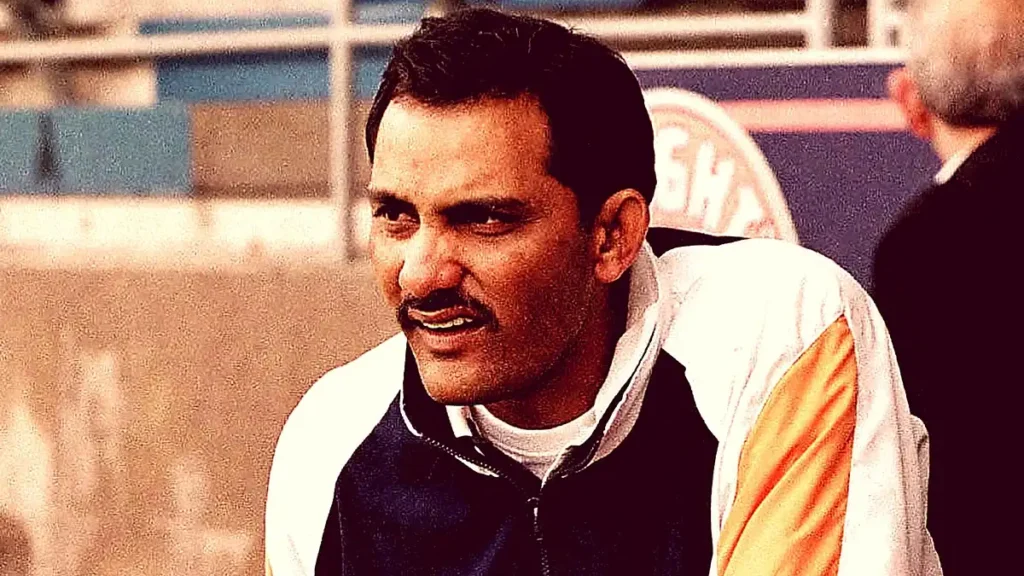
- Fixing Specific Matches: It was also reported that Azhar fixed some specific matches in tournaments such as the Titan Cup (1996), Pepsi Asia Cup (1997), and a notable India-Pakistan ODI in Jaipur (1999). Amidst this, the amount was being paid through Dr Ali Irani or a Pandit;
- Cronje in the Scene: Hansi Cronje also said that he introduced some bookies to Indian players, including Azharuddin. However, Azhar didn’t accept the allegations and said that the actual facts were diluted.
Disciplinary Action by BCCI
BCCI also stepped up in the scenario, after CBI and Delhi Police started to unravel the betting network. Amidst all this, there was a lot of criticism put forward by the public, raising questions about the sport and even the Indian cricket team. K. Madhavan, who was a retired CBI Joint Director, was appointed by BCCI to further take a look at the reports and verify the same.
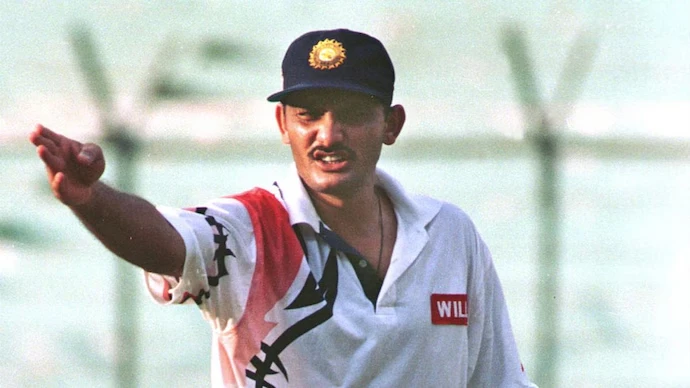
Following this, Madhavan’s inquiry gave some conclusions to the CBI report and recommended bans on the players who were found guilty. As a result, Mohammad Azharuddin and Ajay Sharma were handed a lifetime ban. Along with that, five-year bans were given to Ajay Jadeja, Manoj Prabhakar, and physiotherapist Ali Irani.
Legal Battle & Ban Overturn
Mohammad Azharuddin was not happy with the lifetime ban he was handed by the BCCI, so he decided to challenge the same. He went to the Hyderabad High Court in 2001, but the court also upheld the decision taken by the BCCI. Azhar further went to the Andhra Pradesh High Court, and the process took a long time.
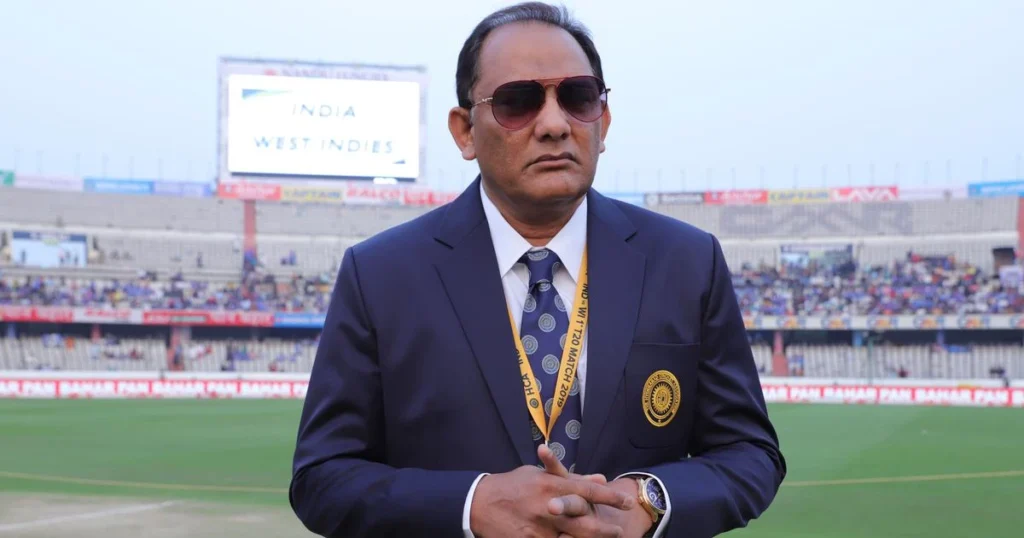
But in 2012, a major landmark in this case was issued in the form of a ruling by the High Court, which said:
- The lifetime ban given by the BCCI was deemed illegal, as it noted the failure of the BCCI to follow the process and the lack of evidence;
- Justice Mohanta and Reddy also said that the investigation was one-sided and lacked a hearing from Mohammad Azharuddin;
- The report given by the CBI was also not enough to put a lifetime ban on a player like Azharuddin.
Mohammad Azharuddin received a legal victory, but the BCCI was still not looking forward to reinstating him. However, by 2019, he was cleared by the High Court and BCCI to take part in the administrative roles.
Public Perception
Following the match-fixing scandal, fans lost their trust in the sport. They were now ready for almost every unexpected result in a cricket match, as the fear of corruption stood in every corner. Along with that, the reputation of Mohammad Azharuddin was also affected, noting the fact that he was once a captain of the team.
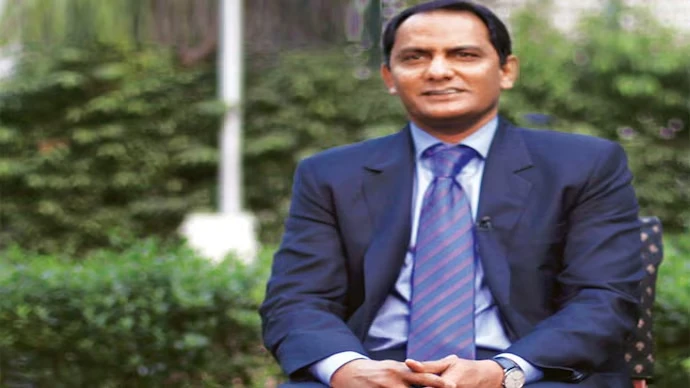
Some critics also say that the actions taken by Azhar, who was then the captain of the team, might have also influenced other players. Amidst this, Emraan Hashmi and Nargis Fakhri starred in a movie, Azhar, which was about the scandal. This movie was released in 2016, and it is said to have whitewashed his image.
CBI officers who participated in the investigation, along with Mumbai Police, said that the movie showcased contradicting actions. Mohammad Azharuddin also didn’t participate in any public interviews, which were related to the match-fixing allegations against him. This also highlighted the discomfort while talking about the incident, and he was eager to shift himself from the allegations.
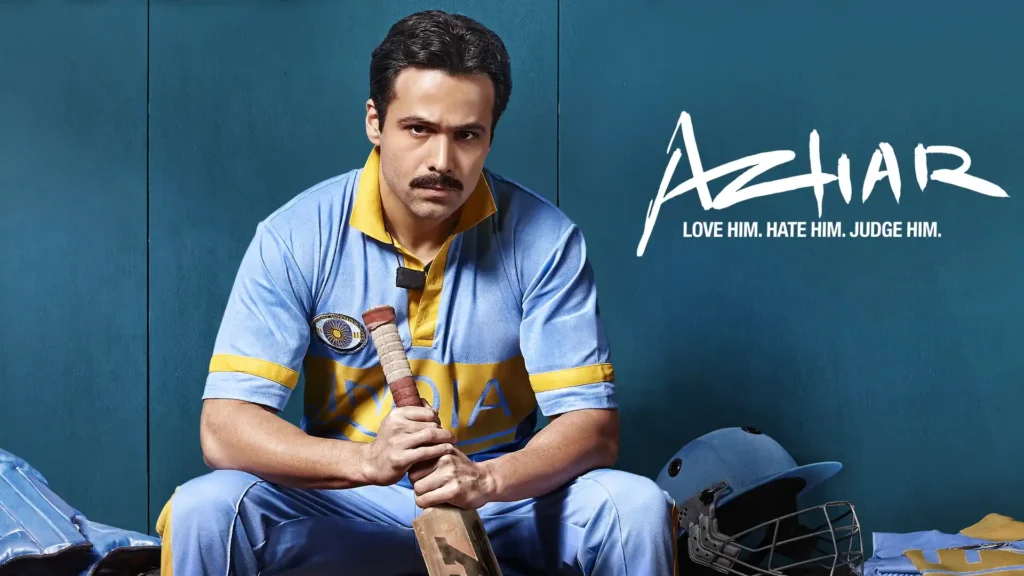
Following that, Azhar was also welcomed back when the bans were lifted. He became the President of the Hyderabad Cricket Association in 2019 and even rang the bell at Eden Gardens. As of now, he also has a stand dedicated to him in Hyderabad, marking his legacy for the Indian cricket team. In 2009, he also joined the National Congress Party, serving as a Parliament member for a long time.
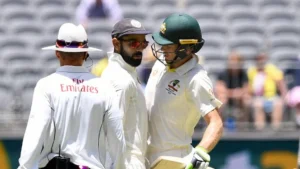
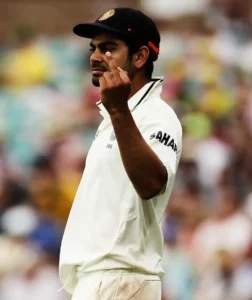
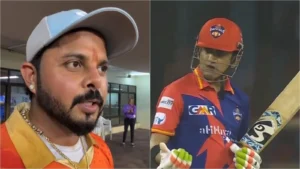
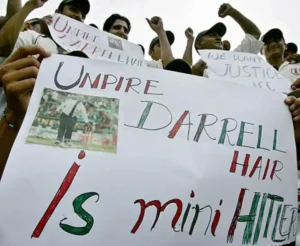
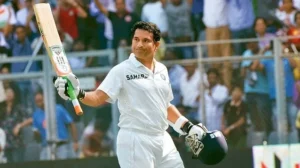
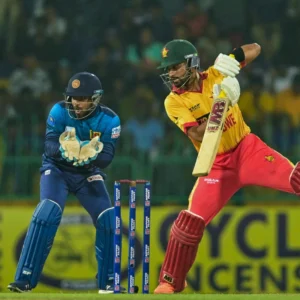
Comments